Interview: Manuel Barrueco (classical guitarist)
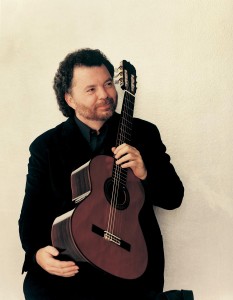 Aural States: What is your musical background like? You started early and aggressively while still living in Cuba. What encouraged you to pursue music for a life and guitar in particular?
Aural States: What is your musical background like? You started early and aggressively while still living in Cuba. What encouraged you to pursue music for a life and guitar in particular?
Manuel Barrueco: I have a couple of cousins that have worked in music, but nobody as a career. I certainly didn’t come from a musical family. My family never played classical in the home. But you know, Cuba is a very musical country. Anywhere you go, you are gonna see people dancing and playing music. Generally Cuban and Latin American popular music.
There is a form of Latin American music that interests me called trio. 3 guitar players, all singing in harmony. My family loved that kind of music and it has influenced me a lot.
The whole thing is romantic and beautiful, even its appearance. But for me, and I think most people, it’s usually the sound of the instrument that drew me to the guitar. The big figure at the time was Segovia. He was famous for his sound.
AS: I’ve read that when you immigrated, you took a multi-year hiatus from playing. Many use the word “rebellion” to characterize that period. Is that the right word for it? What made you step away?
MB: I think it was a very difficult and painful part of my life…it was a consequence of the immigrant experience. We were living in a rough area. We moved to Newark. It was a lot of those things that led to that. I had a bit of a fight with my family and I just decided I wouldn’t play anymore. We were trying to forge a new life…the roughness with gangs…I just didn’t want to be there.
That period, I think it was just me floating around. It was fair to say that it led to a lot of conflict internal and external for me. At the same time, I was sort of a child prodigy. A lot of my time was spent touring around playing for and with older people. When we came here I just wanted to be my age. I tried to play rock and roll for a while and it was just too clean so I just didn’t play.
AS: What drew you back in?
MB: I went to a musical arts high school, playing French horn. One day my band teacher insisted I bring the guitar and I did. He said you have to continue doing this. I remember going to a counselor’s office and preparing and auditioning. In Cuba, I was an excellent student but since coming here, I was just so unhappy. My grades kept dropping and the only thing I knew was the guitar.
So I auditioned some places, was given a scholarship at Peabody and that’s what happened. It probably took a couple years here before I decided I really wanted to try hard and give it another shot.
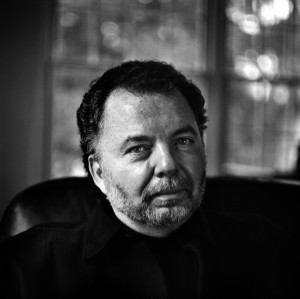
AS: What made you decide to return to Baltimore and Peabody after your stint at Manhattan School?
MB: I was actually offered a job to begin the Manhattan School guitar department so I decided to accept that offer. My first wife and I, we moved to New York and also NJ but eventually, years later, we got divorced. We had 2 daughters and my ex-wife wanted to come back to Baltimore, where I met her and where she is from. So I agreed, in order to be near my daughters.
But I had been coming back to Peabody for some years. I had been artist-in-residence and giving some masters classes. When I moved back to Baltimore, I was asked to join the faculty and accepted.
AS: What excites you about the institution and the music being made in Baltimore in general?
MB: I can tell you that Peabody’s department has become the biggest in US. Not only the biggest, but if you pick the top students, you have a small handful of incredibly talented people that is unequaled at any other school in the world.
It is the most important guitar department in the US, maybe the world… The list of people who graduated recently is full of top quality players from around the world. That’s been a big factor. Peabody and Baltimore have become a center of guitar internationally.
The BSO has pretty regular guitar features, so the instrument is pretty active and present.
On top of that, there have been big changes for the local guitar society. The society is able to present the top people in the world and bring them to Baltimore. These two things (Peabody and the BCGS) have led to Baltimore becoming one of the top class guitar centers in country. I think that’s accurate, not trying to build up our image or be self serving. A number of people have come through referring to the area that way.
AS: What has been your role in the Baltimore Classical Guitar Society? What plans are in place to celebrate the 20th anniversary?
MB: Actually my wife became president some years ago. She has done an outstanding job turning society around. I’ve just become involved the past 3-4 years as an artistic advisor.
AS: Were you part of the guitar society at its formation?
MB: No, it was more hobbyists and guitar enthusiasts early on. Our objective now has been to become a top notch organization. To bring the absolute best to Baltimore. We even started a few years ago commissioning works from young musicians.
Because I am in this business, I know all these guys and I also know how the field works. I can bring in a lot of inside information on how things work. My wife has also dedicated many hours to this effort.
AS: Where do the members of the BCGS hail from? Many people from Peabody?
MB: The membership is diverse…Ron Pearl from Loyola, some local teachers, guitar lovers, just a wide variety of people.
AS: How did you find out you were nominated for a Grammy in the category Best Solo Instrumental Album for your most recent release, “Solo Piazzolla?” Has it impacted you or your career?
MB: I found out because my agent sent an email about something and congratulated me for the nomination. I think what happened was I got the email and I went to check the website. I think one of the things that is really nice is that my family and friends are really thrilled by it. I think it becomes kind of a calling card. It will probably help attract some attention that might not normally come my way.
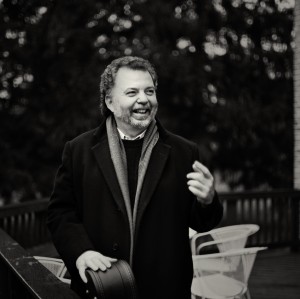
AS: Could you go into a little more detail on what inspired you about Piazzolla enough to make a solo record based on his material? What influence has he had on you as an artist?
MB: In recent years I just loved hearing and playing his music. The whole process of arranging it…it’s very rewarding and sensual music. It’s not often that we get to play music that sensual. Very lyrical and rhythmic. Very unique. The guy has become extremely popular because of his music’s charm.
Currently, I’m just really enjoying playing his music but I go through waves.
AS: Did you ever get to meet or collaborate with him before his death?
MB: I met him many years ago, but was unaware of his stature. I was not able to enjoy it or be duly impressed. We were both at a festival in Belgium where he had a double concerto for guitar being premiered.
AS: You recently formed your record label, Tonar Music. What is planned for upcoming releases? Do you have your eye on signing any other artists?
MB: It was not created to really sign other people, but the idea of giving a hand to other people… giving a hand to the young people does appeal to me. This was just a way to make sure I can put my work out there. This is another area where the Grammy is encouraging. It lets us know that you can actually do your own thing and still have that kind of response.
The number one objective was to put my work out there which is a major concern. The major classical record labels are not only releasing fewer records, but they end up signing people that aren’t that good. Really they have become too much more commercial. There is a lot of pressure to go into more of a crossover type of thing.
AS: Has it been difficult to manage your increasingly successful performance career with your academic one? What draws you to each and have you ever thought of concentrating on one path?
MB: And also being a family person! Yeah it is difficult. But I think these (careers) are 2 things. One thing is…I feel like it’s a calling. I feel like I don’t have a choice in the matter. When it comes to the guitar, it’s a small group, it’s like a cause. I feel that I can be very helpful. It’s almost like a duty that I have to do it.
In a more mundane way, my mortgage also drives me. *laughs*
But I love it and I’m dedicated to it. It’s a wonderful thing going around the world making music and to be teaching at Peabody and extremely young and talented players
I don’t see myself giving up either one. It’s just a matter of balance. I want to play some concerts, not too many, I want to teach but not too much.

AS: What is your Peabody studio like right now, how big and where are your students from?
MB: I have eight students, two from China, one from Poland, one from Israel, one from Russia, one is Armenian, one is from England and the last is from San Francisco. I find that my studio tends to be unique in that it is heavily international. Not intentionally. I just try to pick the top students and that’s how it works out sometimes.
AS: Have you ever done any recordings with your students? Are you considering using Tonar as a vehicle to release any of this type of material?
MB: I did do some recordings some years ago with one of my students. I will probably release that at some point. And I can definitely see doing more of that in the future.
AS: Your next local performance will be in April with Cuarteto Latinoamericano. What do you have planned for the programme?
MB: We are gonna do quite a bit of Piazzolla. Our next release is actually called Tango Sensations, and includes work from Piazzolla and Argentinian composer Guastavino, arranged for quintet. We will also be playing some newer works like Daugherty’s “Bay of Pigs” and a new piece, in part commissioned by the guitar society, from composer Gabriela Lena Frank. She is currently writing a quintet for us. It’s really gonna be a fun program.
Related posts
- Interview: Lafayette Gilchrist- Piano man speaks his mindI recently talked to Baltimore jazz pianist Lafayette Gilchrist over...
- Stars Interview (w/ Amy Milan)Stars are one of the many indie darlings spewing out...
- Interview: Arbouretum (w/ Dave Heumann)Arbouretum is the band, Kale is the album. It’s a...
- Interview: !!! aka Chk Chk Chk (w/ Nic Offer)Aural States: So you guys formed in 1996; that was...
- Interview: The Rosebuds (w/ Ivan Howard)Aural States: What is your background and history together? Is...





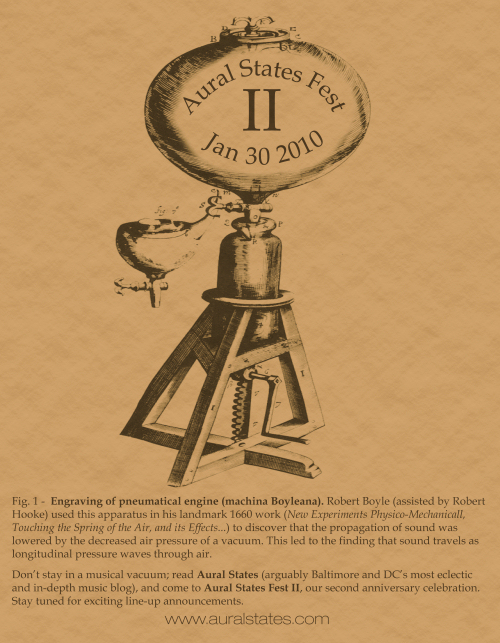










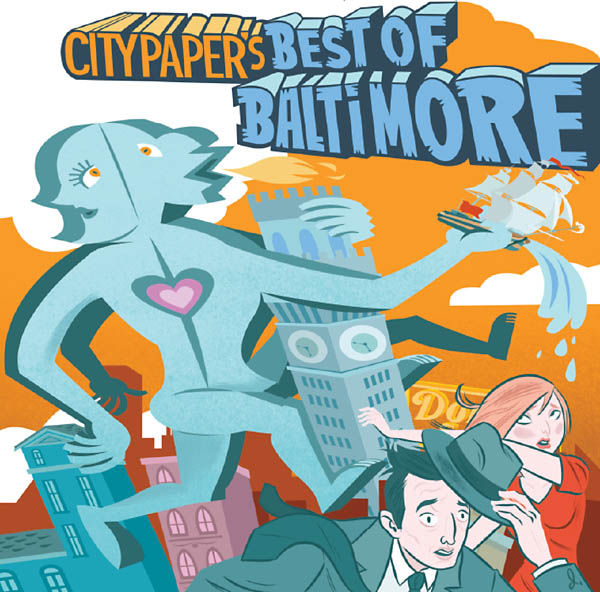
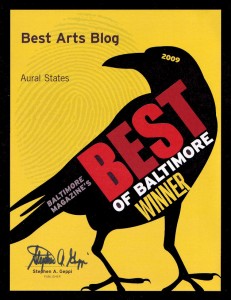


 Double Dagger: Masks EP
Double Dagger: Masks EP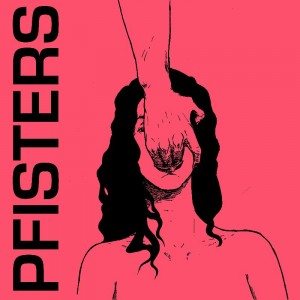 Pfisters: Narcicity
Pfisters: Narcicity Lizz King: All Songs Go To Heaven
Lizz King: All Songs Go To Heaven Imperial China: Phosphenes
Imperial China: Phosphenes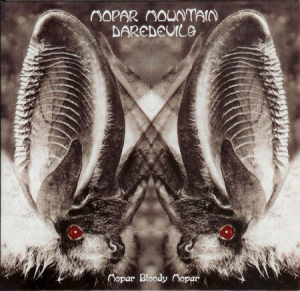 Mopar Mountain Daredevils: Mopar Bloody Mopar
Mopar Mountain Daredevils: Mopar Bloody Mopar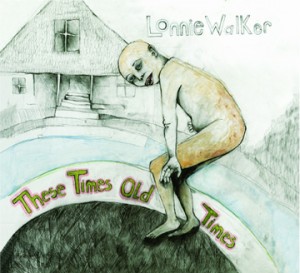 Lonnie Walker: These Times, Old Times
Lonnie Walker: These Times, Old Times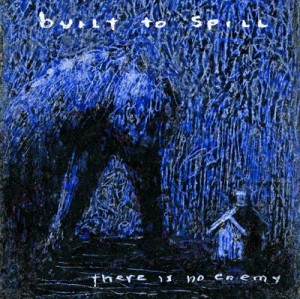 Built to Spill: There Is No Enemy
Built to Spill: There Is No Enemy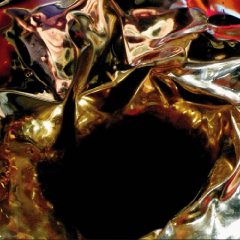 Hypnotic Brass Ensemble: Hypnotic Brass Ensemble
Hypnotic Brass Ensemble: Hypnotic Brass Ensemble Secret Mountains: Kaddish EP
Secret Mountains: Kaddish EP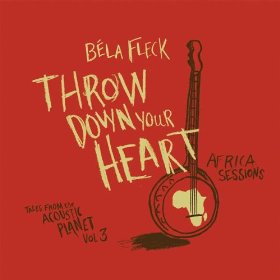 Bela Fleck: Throw Down Your Heart: Tales From the Acoustic Planet, Vol. 3 -Africa Sessions
Bela Fleck: Throw Down Your Heart: Tales From the Acoustic Planet, Vol. 3 -Africa Sessions Lands & Peoples: Lands & Peoples EP
Lands & Peoples: Lands & Peoples EP Caleb Stine: Eyes So Strong and Clean
Caleb Stine: Eyes So Strong and Clean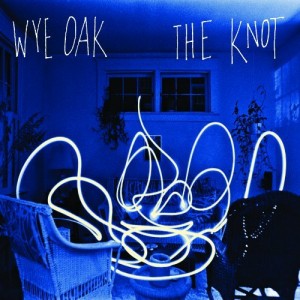 Wye Oak: The Knot
Wye Oak: The Knot Pontiak: Maker
Pontiak: Maker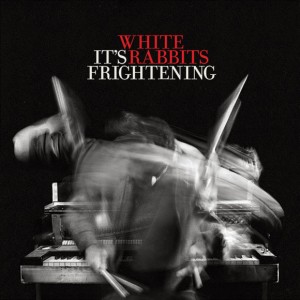 White Rabbits: It's Frightening
White Rabbits: It's Frightening Dirty Projectors: Bitte Orca
Dirty Projectors: Bitte Orca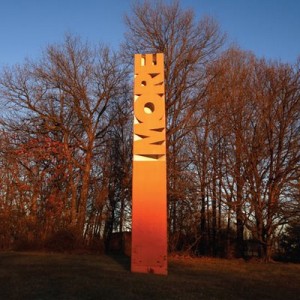 Double Dagger: More
Double Dagger: More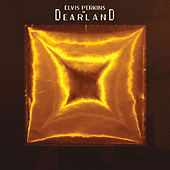 Elvis Perkins in Dearland: Elvis Perkins in Dearland
Elvis Perkins in Dearland: Elvis Perkins in Dearland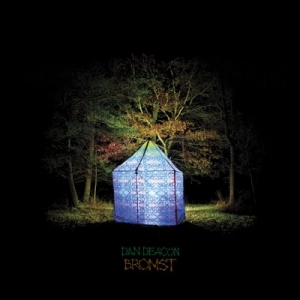 Dan Deacon: Bromst
Dan Deacon: Bromst The Thermals: Now We Can See
The Thermals: Now We Can See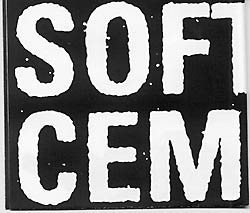 Soft Cement: Think About It EP
Soft Cement: Think About It EP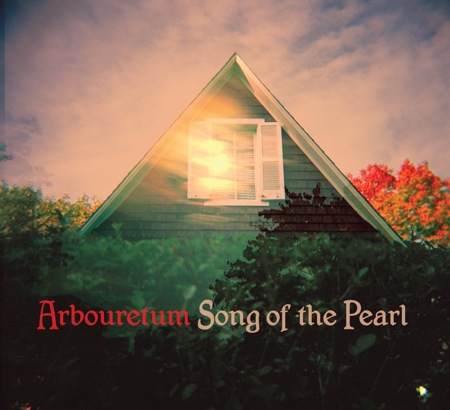 Arbouretum: Song of the Pearl
Arbouretum: Song of the Pearl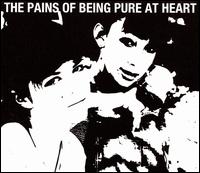 The Pains of Being Pure at Heart: The Pains of Being Pure at Heart
The Pains of Being Pure at Heart: The Pains of Being Pure at Heart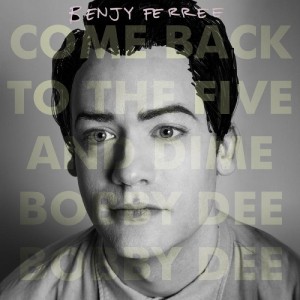 Benjy Ferree: Come Back to the Five and Dime, Bobby Dee Bobby Dee
Benjy Ferree: Come Back to the Five and Dime, Bobby Dee Bobby Dee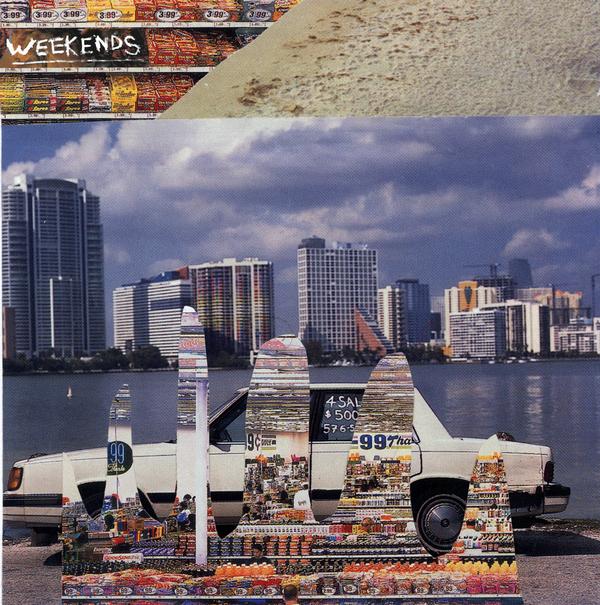 Weekends: Weekends
Weekends: Weekends Height With Friends: Baltimore Highlands 12" LP, Limited-Run Vinyl Only
Height With Friends: Baltimore Highlands 12" LP, Limited-Run Vinyl Only Caverns: Kittens! EP
Caverns: Kittens! EP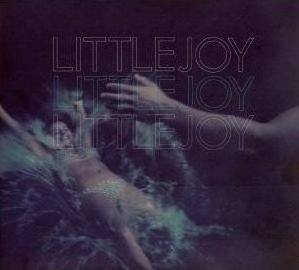 Little Joy: Little Joy
Little Joy: Little Joy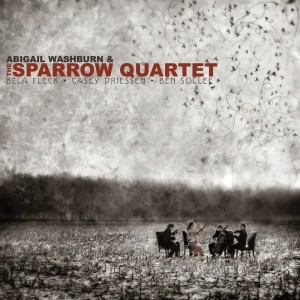 Abigail Washburn & the Sparrow Quartet:Abigail Washburn & the Sparrow Quartet
Abigail Washburn & the Sparrow Quartet:Abigail Washburn & the Sparrow Quartet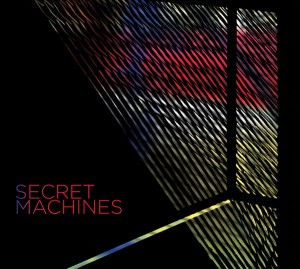 The Secret Machines: Secret Machines
The Secret Machines: Secret Machines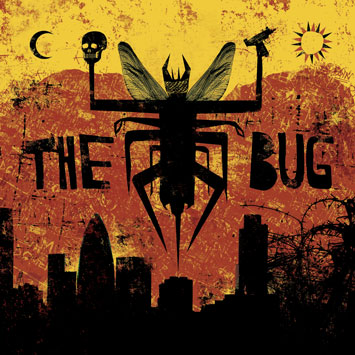 The Bug: LondonZoo
The Bug: LondonZoo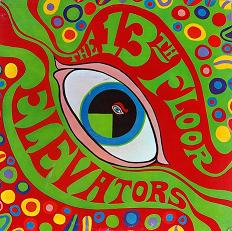 13th Floor Elevators: Psychedelic Sounds of the 13th Floor Elevators (Vinyl Mono LP only)
13th Floor Elevators: Psychedelic Sounds of the 13th Floor Elevators (Vinyl Mono LP only)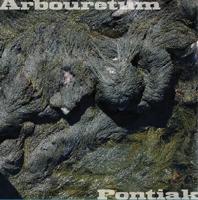 Arbouretum/Pontiak: Kale (Vinyl LP only)
Arbouretum/Pontiak: Kale (Vinyl LP only) Small Sur: We Live in Houses Made of Wood
Small Sur: We Live in Houses Made of Wood AbeVigoda: Skeleton
AbeVigoda: Skeleton ImperialChina: Methods: EP
ImperialChina: Methods: EP